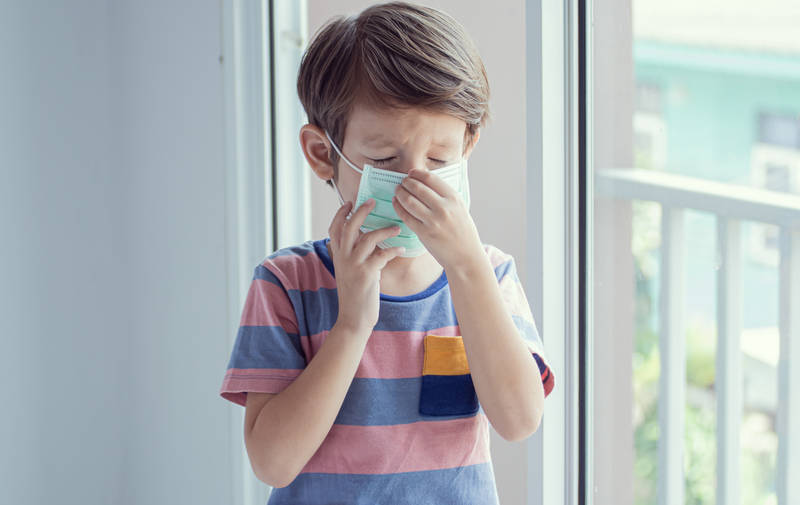Now that children will be going back to daycare in the near future, we must be concerned about how we can do this without increasing their level of anxiety. They have been at home with you during this pandemic, so they aren’t used to leaving the house every day and leaving you.
When the lockdown began, kids’ lives were entirely upended because of the coronavirus. There has been a lot of scary talk about what this all means, so kids are feeling worried, anxious and fearful. Like their parents, they are worrying about dying, whether someone in their families will die and what it is like to undergo medical treatment for the virus. Since the schools have been closed, kids haven’t been in a structured environment, and they haven’t been able to be with their friends so that they can experience the good feelings that being with friends gives them.
Children are very aware that things are different, but they don’t always understand them, so the reactions they have to changing circumstances may be anger and irritability. They may also cling to their parents more when you are also feeling an extraordinary amount of pressure.
The World Health Organization’s Suggestions
The World Health Organization suggests that you deal with this situation by making sure that your children know that you love them, but you shouldn’t lie to them. The only thing for you to do is be honest with them and explain things in a way that they will understand. This is the advice the WHO gives even if you have very young children. It is also a good idea to use arts and crafts to help children express their feelings. Establishing a routine for each day is another great idea.
The American Academy of Pediatrics
The AAP believes that children need to be in school. The organization stated that the school closures led to many negative consequences. Some of these are the social isolation that prevents schools from being able to recognize when a child has a learning disability. Other problems remain hidden as well, including sexual abuse, physical abuse, substance abuse, suicide ideation and depression. In addition to that, some children aren’t receiving regular meals as they did when they were present in school.
When kids return to daycare, the AAP suggests that we keep children in smaller groups when possible. They must also be kept outside as much as possible, and visitors must only be allowed in the building on a limited basis. Because the AAP is aware that it can be difficult for children to practice social distancing, the organization doesn’t require that people implement these measures for this population. Face coverings would also be hard for them, so the AAP doesn’t suggest that teachers follow this rule for very young children.
The Centers for Disease Control and Prevention
According to the CDC, a pandemic can negatively affect anyone, but children may experience more stress than others. The organization states that it is imperative that adults know where and how they can get treatment for themselves and their children if anyone begins to feel sick, and this may include counseling services.
Prepare to Return.
During the lockdown, your children are living very different lives than they were before, so going back to their old routines can be sort of a shock to their systems. You can avoid this by doing what you were doing before the lockdown began at least two weeks before they return to daycare. This means that you will get your children up as if they were going to preschool. Make sure that you get them dressed so that they can have breakfast before you go on with your day. You don’t have to worry about teaching any academic lessons at this point.
Say, “Goodbye!”
You might want to practice saying, “Goodbye!” Make sure that you spend a little time talking to your child and letting him know that you are going to come back. If you aren’t working outside of the home, now would be a good time to give your child a chance to play independently so that she can become accustomed to being away from you.
Validate Their Feelings.
Talk to your kids about their feelings. Make sure that you validate those feelings because they will continue to have those feelings when they are away from you. If the feelings are negative, give them strategies that will help them cope with them, but assure them that they must continue to place themselves in new situations that may be uncomfortable at first. When your kids live up to your expectations, make sure that you acknowledge this. You can also give them rewards for making an effort to fulfill their obligations.
The good news is that children are resilient, and they may be able to return to their old lives faster than you would have believed!
